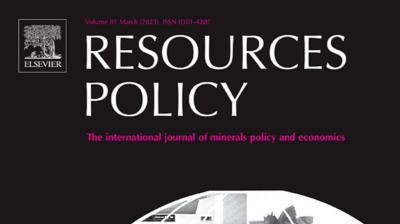Tax Compliance, VAT Revenues and Business Development in Tanzania (TaCoTa)
The main objective of the project was to generate a better understanding of challenges related to (non-)compliance with the VAT and with other taxes in Tanzania. New measures on how to address these challenges have been examined, including provision of incentives to customers and more tailored information to customers and businesses on tax payment and legislation. The project focused on the Value Added Tax (VAT). VAT is one of the main modes of raising government revenue globally but has significantly under-performed in Africa. Like governments in many other African countries, the Government of Tanzania has strived to improve the effectiveness of the VAT system by reducing tax evasion. A key initiative was the introduction of Electronic Fiscal Devices (EFDs) issuing VAT receipts in 2010. Despite the EFDs, VAT collection has not improved as expected. A possible explanation for the limited success is that businesses often do not use the machine to issue receipts, and that customers do not request receipts.
The project piloted a new approach to increase the issuance of EFD receipts, by rewarding customers to ask for them. In collaboration with the Tanzania Revenue Authority (TRA) and researchers from REPOA, we conducted a VAT receipt lottery for customers in Tegeta Tax Region in Dar es Salaam, the commercial capital of the country. VAT receipts were used as tickets in the lottery. The lottery ran over three months and comprised weekly and monthly monetary prizes. The project studied the effect of the lottery on VAT collection and tax revenues by analyzing tax administrative data from TRA using a difference-in-difference event study design and survey data on businesses’ receipt printing behavior. In addition, the project examined the effect of taxation on business development by conducting surveys of businesspeople’ s experiences with and perceptions of the VAT and other taxes.














